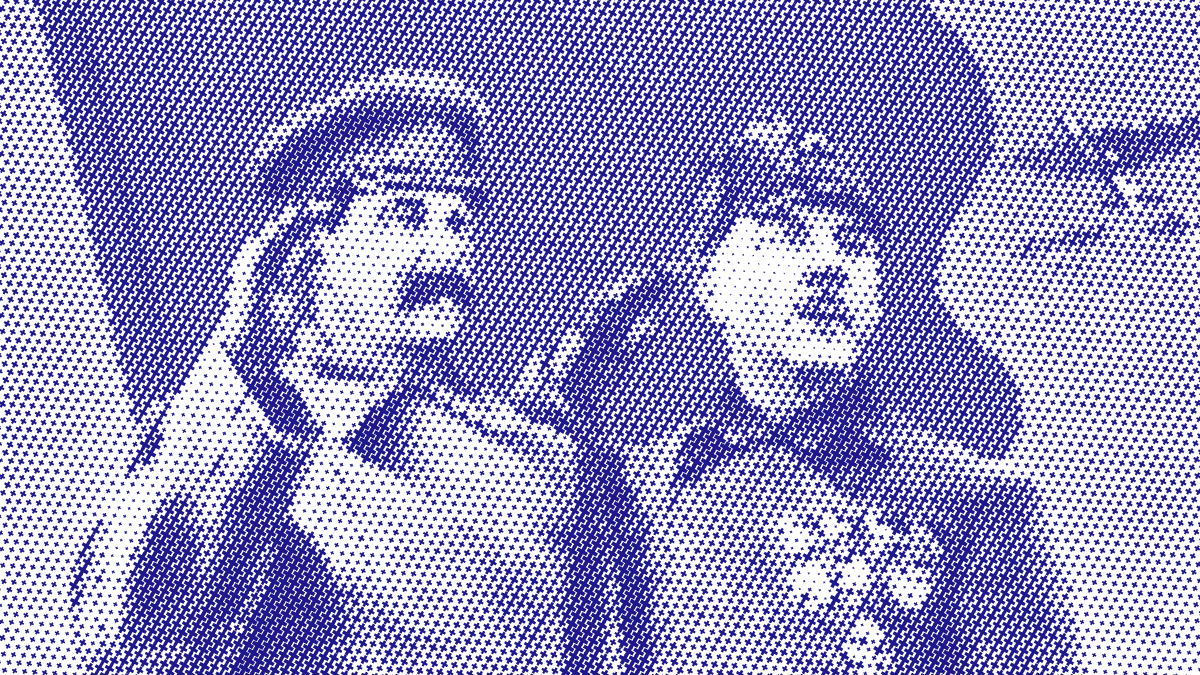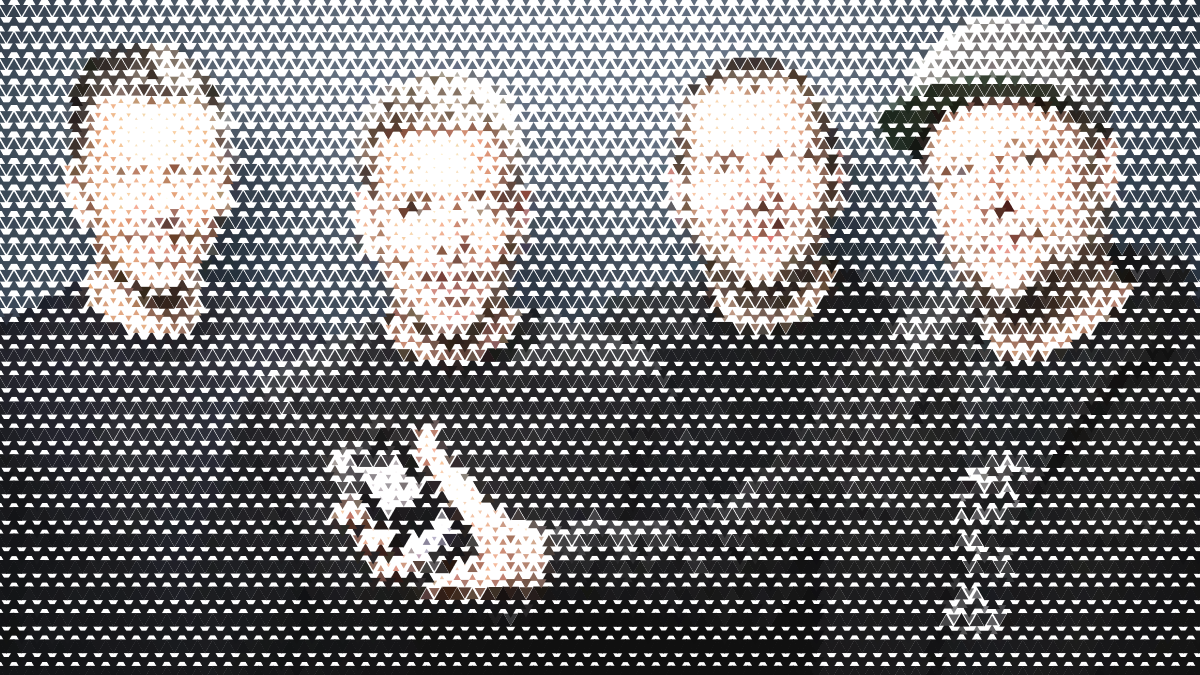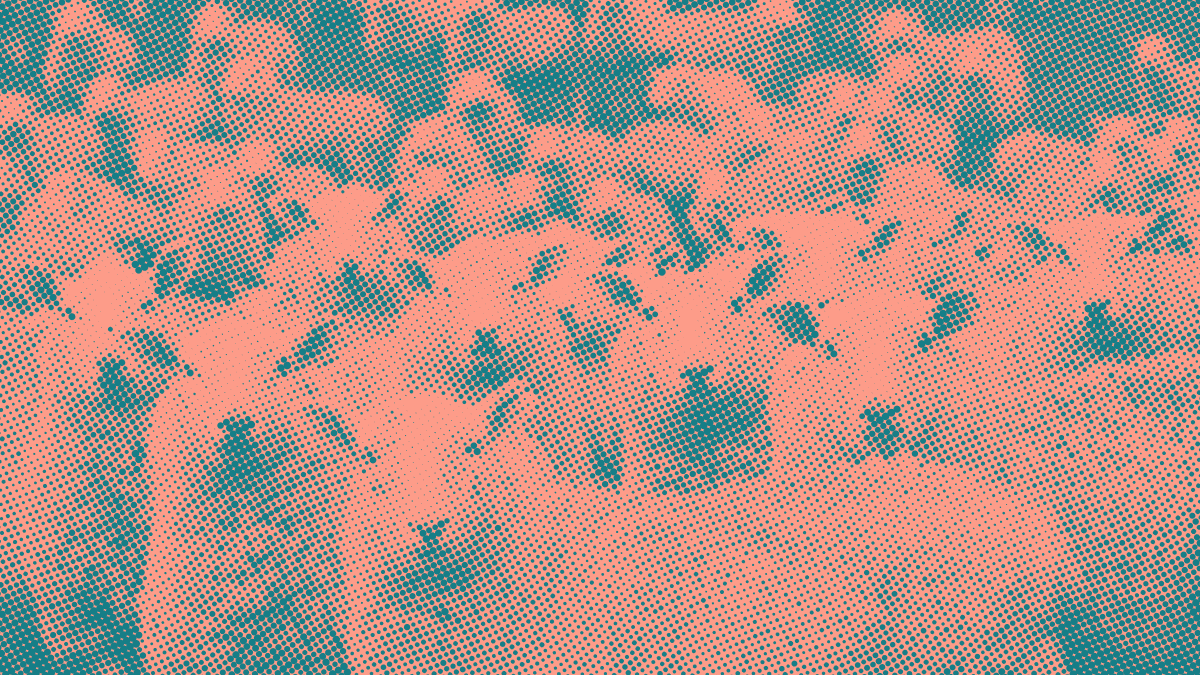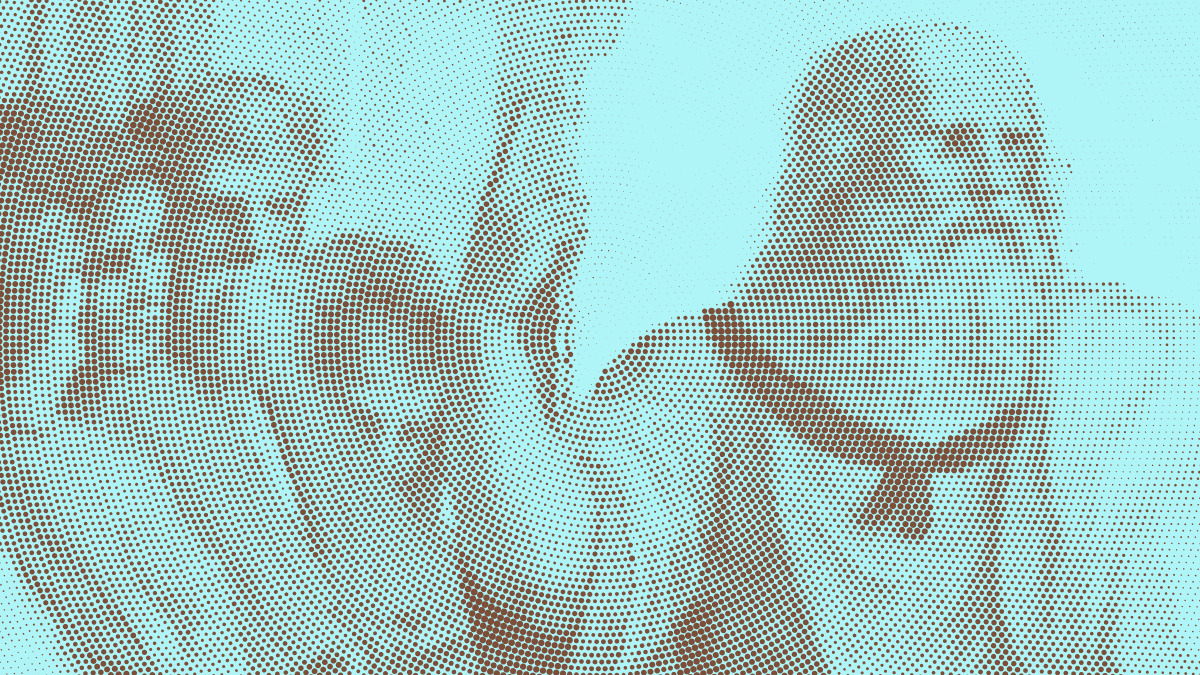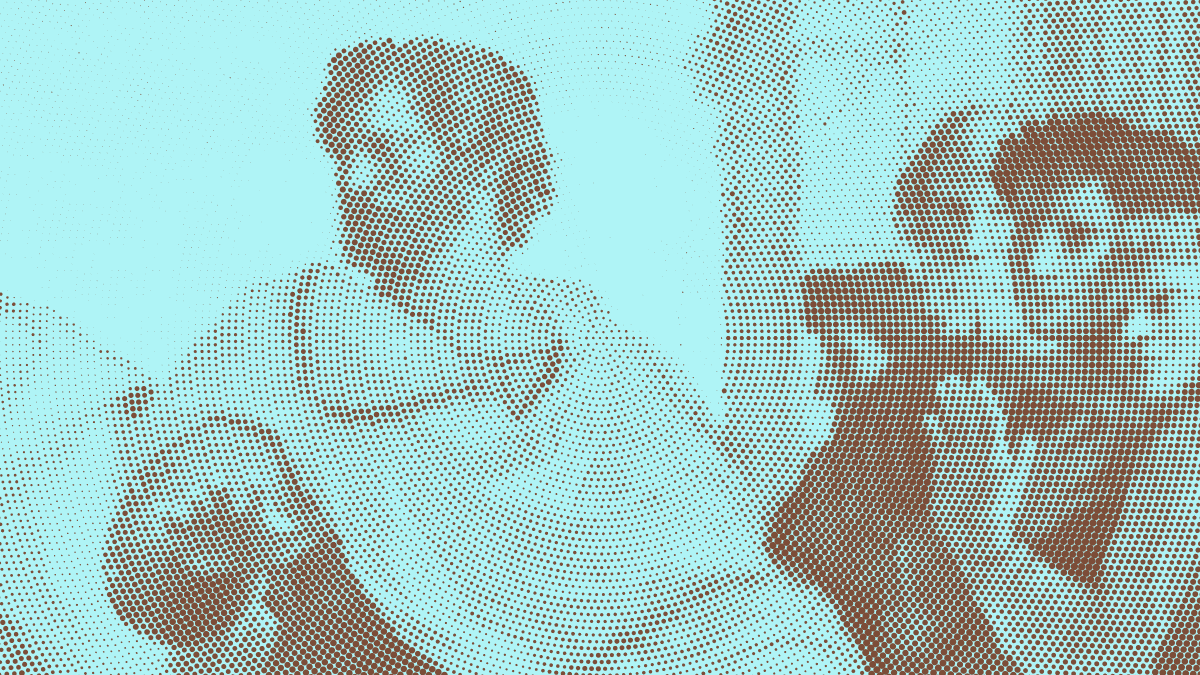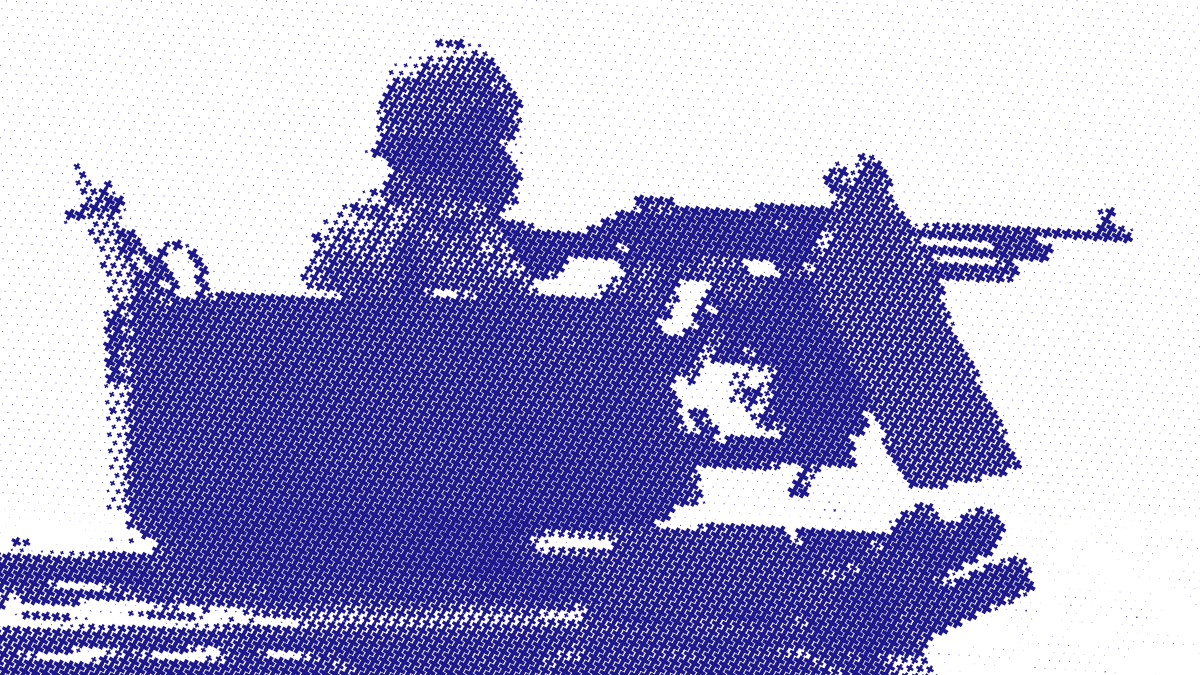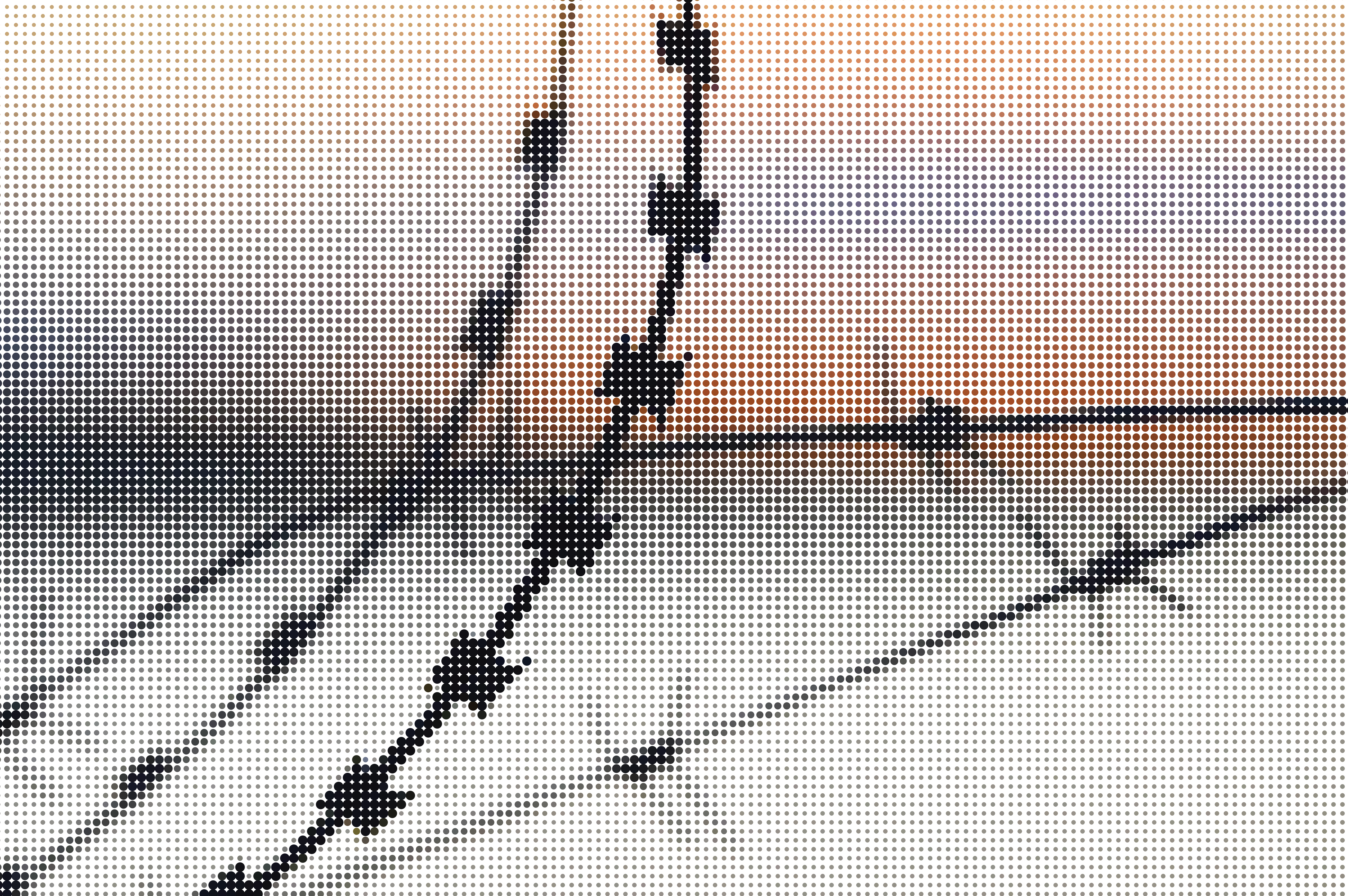If we start to outlaw fake news, wo will decide what is fake and what is the truth? Do we trust the state? Should journalists do it? And what are we actually afraid of here?
Here in Germany, we are plunging the country into an Orwellian nightmare which now, for the first time in the history of the country, also includes actual curfews. Meanwhile, the government's next anti-COVID-app is a complete failure on pretty much all levels.
Third-party cookies are on the way out and Google says it has found a privacy preserving way of replacing them, using a technology called Federated Learning of Cohorts. Is such a thing even possible? And what are the potential problems we, as web users, are facing here?
In this episode, Ubiquiti explains to us how to not run a company these days: Put things in the cloud needlessly, fuck up on security not once, but twice, and then mislead your customers about it.
Even though science is almost a pseudo-religion to many people these days, a lot of them don't really understand what the word means or how scientists work. And one of the biggest factors in this is that people do not understand a scientist's relationship to facts.
Explaining the scientific method (or: how scientists think) as a basis for further discussions on the podcast.
After talking about a hack that was caused by Microsoft's cloud email service last week, we now look at the next infosec disaster in recent months: How Microsoft stood by as hundreds of thousands of their customers' on-premise Exchange mail servers got breached and totally owned.
Analysing the SolarWinds hacker attack, which has been called the largest data breach the world has ever seen. Was it actually that bad? I'm trying to put it in perspective and discuss some aspects that have been neglected by much of the mainstream coverage.
What is cyber war? Who engages in it, what consequences does it have? What's the difference to everyday hacker attacks? And does it actually exist?
How the coronavirus scare leads to irrational fear, which leads to victim blaming. Which then gets institutionalised as discrimination against those who get sick or might get sick. The German government is well on its way with its digital immunity passport, powered by erstwhile Nazi collaborators and blockchain quacks.
